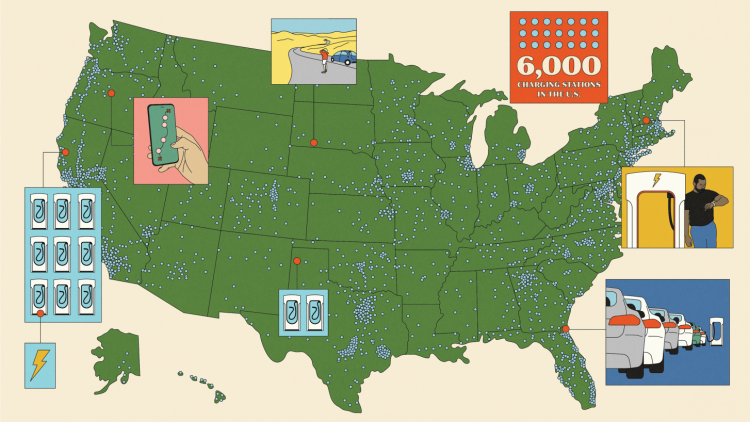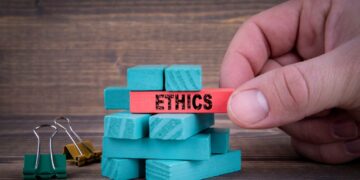In the days after the US Supreme Court overturned the constitutional right to abortion, tech companies rushed to show their support for employees living in states where the procedure is now outlawed. Meta promised to pay expenses for staffers who need to travel out of their home state for an abortion. Alphabet, Google’s parent company, told employees they could apply to relocate from states banning abortion.
These companies have not given that same kind of support to their users, amid growing concerns that a digital footprint—including websites visited, location data from a phone, or private messages on a social platform—could be used to build a criminal case against someone seeking an abortion.
MIT Technology Review asked five major tech companies—Alphabet, Meta, Reddit, TikTok, and Twitter—how their policies banning content promoting illegal activity will apply to posts advocating for abortion access or aiding those who now need to travel out of state for the procedure. Their responses, when provided, were inconsistent. Read the full story.
—Abby Ohlheiser and Hana Kiros
The U.S. only has 6,000 charging stations for EVs. Here’s where they all are.
The United States has around 150,000 fuel stations to refill its fleet of fossil-fuel-burning vehicles. Despite the rapid growth of electric vehicles in America—400,000 of them were sold in 2021, up from barely 10,000 in 2012—the country has only 6,000 DC fast electric charging stations, the kind that can rapidly juice up a battery-powered car.
A glance at America’s charging map reveals an abundance of charging deserts, particularly outside big cities. This makes sense, as EVs still represent less than 3% of new car sales. But while it’s illustrative of how American charging infrastructure lags far behind what’s needed for the whole country to transition to electric driving, there’s still time to catch up. Read the full story.
—Andrew Moseman
How green steel made with electricity could clean up a dirty industry
The news: Startup Boston Metal has recently installed a new reactor at its headquarters, a significant step in its bid to make emissions-free steel. Since its founding in 2013, the company has developed a process to make green steel. The new reactor, along with a coming fundraising round, represents the next leap for the company as it tries to scale up.
Source by www.technologyreview.com






























